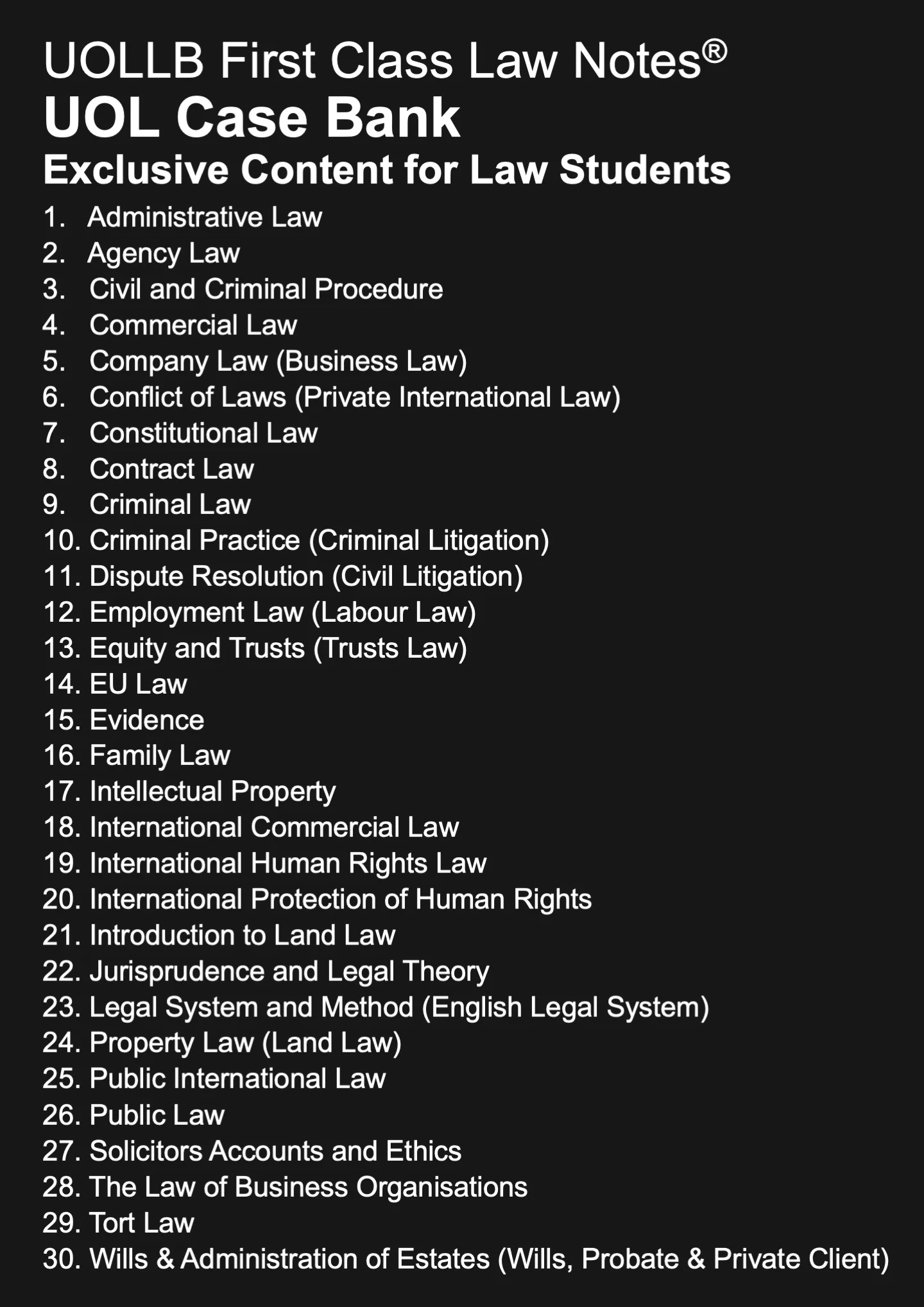What Is Brexit?
Share
Brexit refers to the process by which the United Kingdom (UK) left the European Union (EU). The UK had been a member of the EU since 1973, but in 2016, a referendum was held in which a majority of UK voters chose to leave the EU. This decision triggered a complex and contentious process of negotiations between the UK and the EU to determine the terms of the UK's departure and its future relationship with the EU.
After several years of negotiations, the UK and the EU reached an agreement on the terms of the UK's departure, which was ratified by the UK Parliament and the European Parliament. The UK officially left the EU on January 31, 2020, entering a transition period during which the UK continued to follow EU rules while negotiating a new trade agreement with the EU.
The transition period ended on December 31, 2020, and the UK and the EU agreed on a new trade agreement, which came into effect on January 1, 2021. The agreement covers trade in goods and services, as well as other areas such as security and cooperation on issues such as climate change.
Brexit has had significant political, economic, and social implications for both the UK and the EU. It has led to changes in the UK's relationship with the EU, including the end of free movement of people between the UK and the EU, changes to trade and economic relations, and changes to the UK's role in EU decision-making processes. It has also had broader implications for the EU, including questions about the future of the EU and the potential for other countries to follow the UK's lead and leave the EU.
After several years of negotiations, the UK and the EU reached an agreement on the terms of the UK's departure, which was ratified by the UK Parliament and the European Parliament. The UK officially left the EU on January 31, 2020, entering a transition period during which the UK continued to follow EU rules while negotiating a new trade agreement with the EU.
The transition period ended on December 31, 2020, and the UK and the EU agreed on a new trade agreement, which came into effect on January 1, 2021. The agreement covers trade in goods and services, as well as other areas such as security and cooperation on issues such as climate change.
Brexit has had significant political, economic, and social implications for both the UK and the EU. It has led to changes in the UK's relationship with the EU, including the end of free movement of people between the UK and the EU, changes to trade and economic relations, and changes to the UK's role in EU decision-making processes. It has also had broader implications for the EU, including questions about the future of the EU and the potential for other countries to follow the UK's lead and leave the EU.

























































